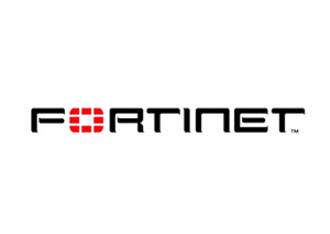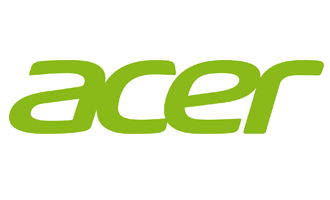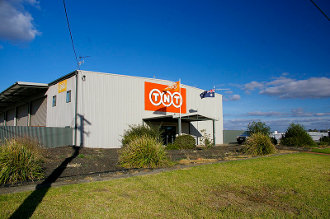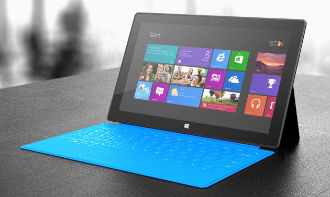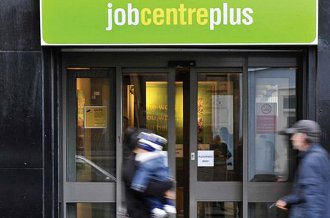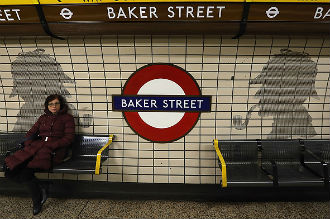 Tesco is continuing in its quest to become the all singing all dancing supermarket giant.
Tesco is continuing in its quest to become the all singing all dancing supermarket giant.
The company has now said it will be launching a new UK digital music and book service, while, like many companies, is moving to improve its presence in China, launching its Clubcard into the country.
Head honcho Philip Clarke said that the supermarket would be throwing $750 million at the technology market this year, a mark up three times more than in 2010, in a bid to go head to head with the likes of Amazon and Play.com.
He said the company would be embracing digital retailing, eventually offering apps to help customers shop easier as well as confirming that it would launch blinkboxmusic and blinkboxbooks over the coming months.
It’s taking the moves seriously – hiring one of Facebook’s most senior European executives, Gavin Sathianathan, to lead the operation.
Mark Bennett, a former EMI and Warner Music executive, has been tasked with heading up blinkboxmusic.
This is one of many paths the company has been taking in its quest to become supermarket king.
Earlier this month it was reportedly in talks to buy family food chain Giraffe as well as entering into the price match war with its rivals.
